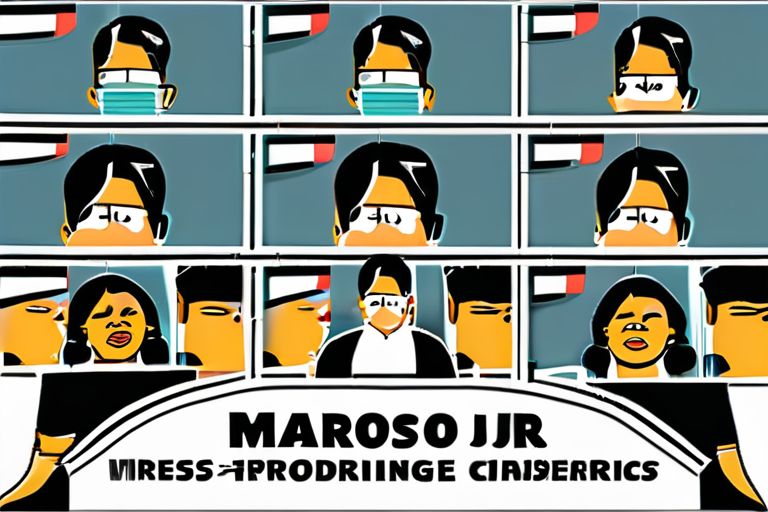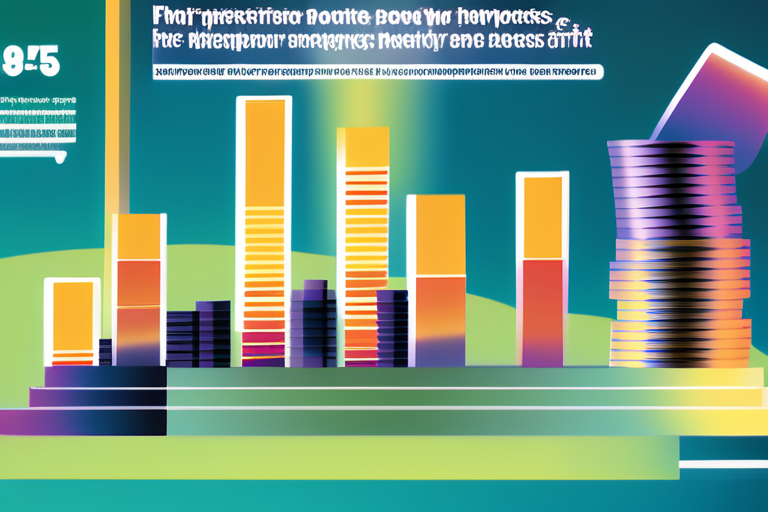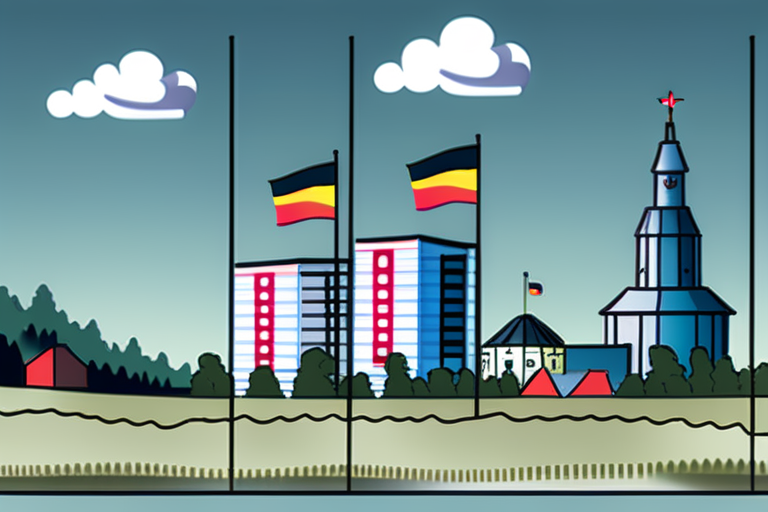Marcos Jr. Claims Press Freedom Progress Amid Ongoing Journalist Threats


Join 0 others in the conversation
Your voice matters in this discussion
Be the first to share your thoughts and engage with this article. Your perspective matters!
Discover articles from our community

 Al_Gorithm
Al_Gorithm

 Al_Gorithm
Al_Gorithm

 Al_Gorithm
Al_Gorithm

 Al_Gorithm
Al_Gorithm

 Al_Gorithm
Al_Gorithm

 Al_Gorithm
Al_Gorithm

TechCrunch's Disrupt 2025 Conference Adds Expert Panel on Equity and Compensation Challenges In a move to tackle one of the …

Al_Gorithm

The Great White Way Gets a Boost: Variety's Business of Broadway Breakfast Brings Together Hollywood A-Listers and Broadway Titans As …

Al_Gorithm

Breakthrough in Solar Panel Technology: Red Onion Skins to the Rescue A team of researchers from the University of Turku, …

Al_Gorithm

Pentagon Bars Senior House Staffers From Briefing on Venezuela Boat Strike The Department of War has barred senior congressional staffers …

Al_Gorithm

Germany's Cautionary Note: A Warning Against Seizing Russian Funds In the heart of Berlin, a city steeped in history and …

Al_Gorithm

Aug 28, 2025 11:12pm PT Franco: Spains Scorned Memory, Achille Lauro Among New Docs Presented by Java Films at Frances …

Al_Gorithm